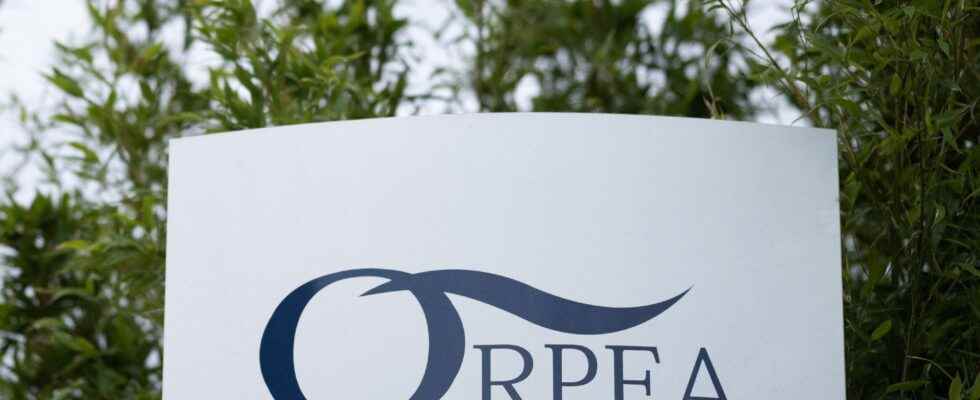It is a battle between financiers which lasted for weeks and found its epilogue this Wednesday, February 1 at dawn: the Caisse de Dépôts et Consignations, the financial arm of the State, with a few partners including CNP Assurance, MAIF and the MACSF finally saved Orpea by injecting a little more than 1.350 billion euros into the company, taking in the process 50.2% of the capital and the majority of the seats on the future board of directors. It must be said that since the publication in January 2022 of the book The gravediggers of Victor Castanet, who revealed the dubious and fraudulent practices of the company, Orpea was in turmoil. A media, financial and legal storm: the title of the action has been divided by 13 in one year, the occupancy rate of residences has fallen… and financial problems have accumulated.
8 billion euros in debt
The company is certainly still profitable, but not enough to cope with the heaps of debt it contracted during the years of mismanagement in the 2010s. where and at any price. A drift that forced the company to generate a gross margin rate of 25% on the backs of residents and their well-being. The result: a debt that has increased in the space of ten years from 2 billion to almost 8 billion euros. Almost half of which – ie 3.8 billion – is now held by very speculative investment funds. It was therefore urgent to restructure the debt of the French leader of nursing homes. Especially since Orpea no longer had the money to pay its creditors. Nor the cash to pay the salaries of its 26,000 employees in France from the spring.
At the heart of discussions in recent weeks, a complex financial arrangement aimed at converting part of the debt – these famous 3.8 billion euros – into shares. This conversion resulted in a dead loss for some of the creditors who will only recover a portion of their investment. The banks have also agreed to make a gesture by almost halving the level of interest rates at which they had lent to Orpea, thus greatly reducing the financial costs that the company owed them.
In reality, the public authorities could not afford to drop the black sheep of the sector. In the midst of a debate on pensions, it is difficult for Emmanuel Macron to ignore the question of old age. Especially since the tenant of the Elysée Palace had made this subject and the question of dependency one of the major causes of his previous five-year term. In 2020, a fifth branch of Social Security aimed at covering the risk of loss of autonomy had indeed been created, but the funding allocated has remained very thin so far.
Structural staff shortages
It now remains to be seen whether this rescue of Orpea will really change the daily lives of residents. The new management has promised to divest from real estate and put patient and medical health back at the heart of the business. But the crucial problem, that of the lack of qualified personnel, is far from being solved at Orpea as everywhere else in the sector.
Since last March, the State has started to audit with the Regional Health Agencies (ARS), the some 7500 Ehpad in France: these investigations have shown that the problems of mistreatment and endangerment of others are in reality also widespread. in both public and private institutions. As in hospitals, the real problem of nursing homes is that of the attractiveness of nursing professions, their remuneration, working conditions, training, career development prospects, supervision. And there, nothing is settled…
